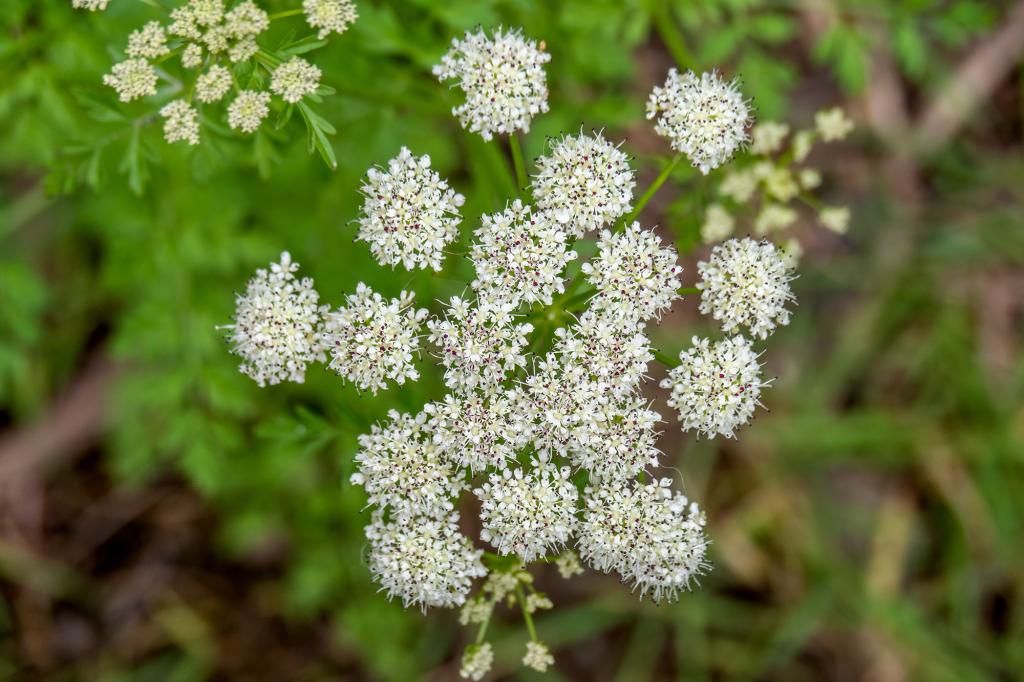Recent warnings have emerged about a potentially fatal plant silently spreading throughout Washington state. Poison hemlock, described as “scary, highly toxic,” has been confirmed in various locations across Chelan County, including Manson and Malaga, and is increasingly invading residential areas, and the Kirkland community should be aware. This deadly plant doesn’t require direct contact to cause serious harm, posing a significant risk to unsuspecting Washington residents, their pets, and local wildlife.
The dangers of poison hemlock are well-documented in Washington’s history, with confirmed human fatalities in 1999 and 2010 after accidental ingestion of the plant. Even more alarming, the toxic plant has been found growing in backyards, flower beds, and public parks where families regularly gather.
Officials from Chelan County have joined King County authorities in raising awareness about this silent threat that can be deadly even without direct physical contact, as evidenced by a Midwest man who spent over 100 days hospitalized after indirect exposure while clearing vegetation near his home.

- A survivor’s tale: A close brush with death due to Poison Hemlock exposure emphasizes its lethal potential. Source: Connor – newsbreak.com
Identifying poison hemlock correctly is crucial for Washington residents’ safety. The plant features tall stems with purple blotches or streaks, fern-like leaves with a distinctive triangular shape, and clusters of small white flowers that form an umbrella-like pattern when in bloom. Many people mistakenly confuse it with edible plants like Queen Anne’s lace or other wild plants, which has led to tragic consequences when misidentified specimens are handled or consumed.
According to experts from King County and the National Park Service, poison hemlock thrives in open sunny areas, fields, vacant lots, and along roadsides throughout Washington. The plant spreads rapidly through seeds, establishing dense patches that can dominate an area.
When working near potential poison hemlock, safety precautions are essential – Washington state government officials strongly advise wearing gloves, long sleeves, and long pants when handling or removing this plant. Remember that every part of the plant contains deadly toxins that can harm humans, livestock, and wildlife, even in small amounts.
Header Image Source: AI-generated image
